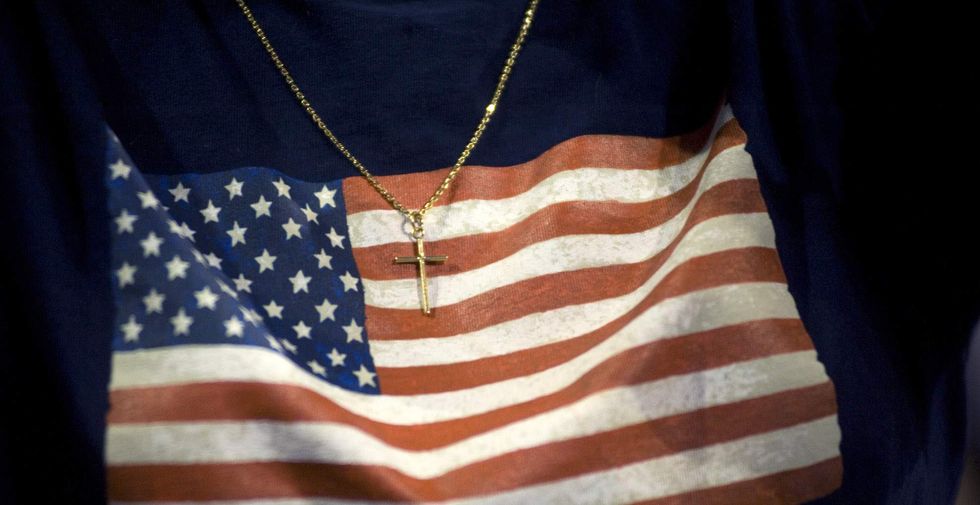
A newly released survey shows that, while millennials claim to support the general idea of religious freedom, they don’t really understand what it means. (2011 file photo/Brandon Thibodeaux/Getty Images)

Millennials are sending mixed messages on religious liberty.
According to a recently released survey from Amicus Communications, millennials — born somewhere between the early 1980s and the mid-1990s — generally support religious freedom but struggle to understand exactly what it means, Deseret News reported.
“They think [religious freedom] is merely just a choice, and it’s troubling to see that so many don’t know [that] it means more than just choosing — it means practicing that faith in a meaningful and authentic way,” Emily Hardman, president of Amicus, said.
The 2015 survey of millennials found that 95 percent of respondents said religious freedom is important, with 68 percent describing it as very important and 27 percent as somewhat important.
And when given a list of 10 freedoms, the millennial group ranked the top three as: Equal treatment under the law, the right to choose one’s own religion, and the right to free speech and expression.
But according to the survey’s subsequent questions, it doesn’t seem the young respondents understood what religious liberty really entails. The First Amendment describes it like this: “Congress shall make no law respecting an establishment of religion, or prohibiting the free exercise thereof.”
It’s the “free exercise thereof” clause that apparently tripped up the millennials.
Fifty-eight percent of millennials, who are 13 percent more secular than older generations, agreed with the statement that religion “is personal and should not play a significant role in society.”
The group was then given the two following statements:
1. There is a difference between a business serving people equally and forcing a business to participate in a ceremony that violates their religious beliefs. We should respect religious freedom of these people.2. There is no difference between illegal discrimination and a business person refusing to provide services to a gay wedding ceremony for religious reasons. We should enforce anti-discrimination laws against these people.
While 95 percent claimed to believe religious freedom is important, only 50 percent identified with the first statement while 49 percent agreed with the second.
In order to effectively win over the younger generation, Hardman, herself a millennial, said it’s important to highlight the good things religious institutions do for society.
“You have to show that religious freedom matters and that it makes a difference in society, showing the good that religious institutions bring to society, the amount of people they care for, the fact that the religious service in this country counts for $6 billion of our U.S. economy, the number of homeless that are given shelter because of religion, the number of people fed because of religion,” she explained. “You have to show that good.”
Hardman also said it is important to connect religion to the human experience.
“Religious belief — above any other right — is what makes us human, that ability to seek truth, to embrace truth, and to express that truth is core to what it means to be human,” she said.